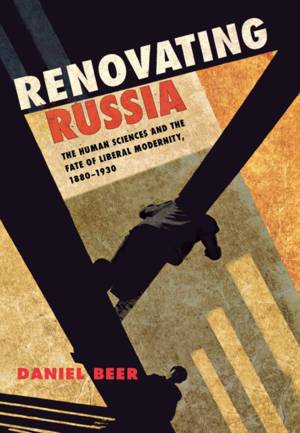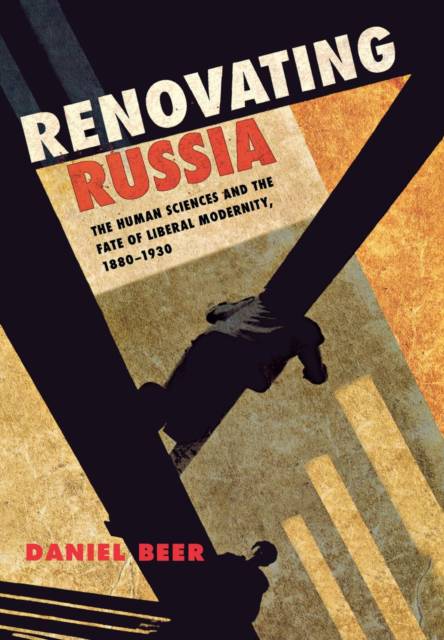
- Retrait gratuit dans votre magasin Club
- 7.000.000 titres dans notre catalogue
- Payer en toute sécurité
- Toujours un magasin près de chez vous
- Retrait gratuit dans votre magasin Club
- 7.000.0000 titres dans notre catalogue
- Payer en toute sécurité
- Toujours un magasin près de chez vous
Renovating Russia
The Human Sciences and the Fate of Liberal Modernity, 1880–1930
Daniel BeerDescription
Renovating Russia is a richly comparative investigation of late Imperial and early Soviet medico-scientific theories of moral and social disorder. Daniel Beer argues that in the late Imperial years liberal psychiatrists, psychologists, and criminologists grappled with an intractable dilemma. They sought to renovate Russia, to forge a modern enlightened society governed by the rule of law, but they feared the backwardness, irrationality, and violent potential of the Russian masses. Situating their studies of degeneration, crime, mental illness, and crowd psychology in a pan-European context, Beer shows how liberals' fears of societal catastrophe were only heightened by the effects of industrial modernization and the rise of mass politics. In the wake of the orgy of violence that swept the Empire in the 1905 Revolution, these intellectual elites increasingly put their faith in coercive programs of scientific social engineering.
Their theories survived liberalism's political defeat in 1917 and meshed with the Bolsheviks' radical project for social transformation. They came to sanction the application of violent transformative measures against entire classes, culminating in the waves of state repression that accompanied forced industrialization and collectivization. Renovating Russia thus offers a powerful revisionist challenge to established views of the fate of liberalism in the Russian Revolution.
Spécifications
Parties prenantes
- Auteur(s) :
- Editeur:
Contenu
- Nombre de pages :
- 248
- Langue:
- Anglais
Caractéristiques
- EAN:
- 9780801446276
- Date de parution :
- 04-06-08
- Format:
- Livre relié
- Format numérique:
- Genaaid
- Dimensions :
- 163 mm x 237 mm
- Poids :
- 489 g







